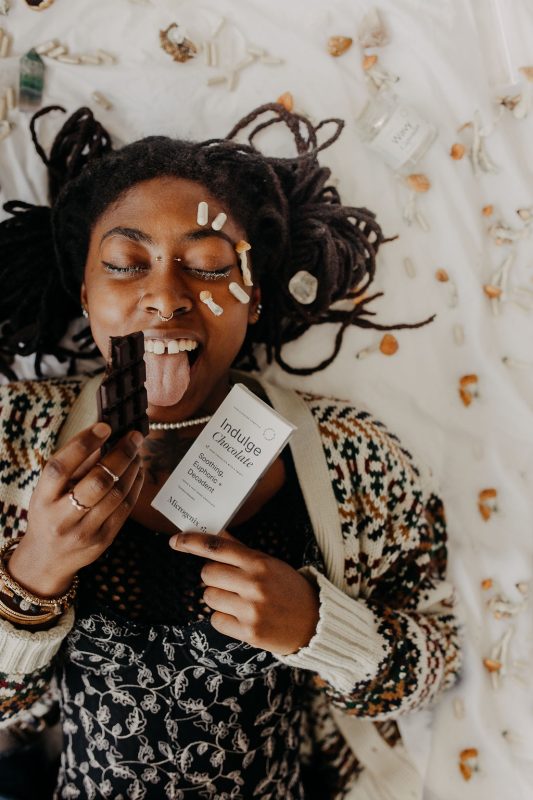Blog
Doses of Sleep
Poor memory, chronic stress, anxiety, nervousness, dull skin, high blood pressure, mood fluctuations, soreness, migraines, and weakened immunity are only to name a few on the large list of effects attributed by poor sleep. We all have our late nights, our “oops it’s 3am” tv-benders, and night shift insomnia affairs, but seemingly it is not outrageous to consider that most of us do not get our 9 hours of shut-eye every night. Is it really so bad?
You’ve come off another 5 hour rest, awoken by another aggressive alarm (or five).
Normally a quick shower and heavy mug of espresso down the hatch is enough to start another day, but compensating the lack of sleep with excessive caffeine and other stimulants is the perfect recipe to keep us awake all night, allowing the most common deprivation cycle to carry onward. Perhaps you don’t notice much of an issue, you night owl, this could very well be why: Our bodies tend to do some miraculous things when deprived, and that euphoric second-wind is merely a subject of exhaustion, equipped by a tendency to miss your sleep window. The human body craves a consistent sleep routine to follow, and when it is consistently missed, it looks for ways to deny it. This common pattern is the perfect insomniac cocktail, and one that could directly impact you in all the ways we listed above, and more if prolonged.

A noticeably large factor of sleep deprivation both causing and caused by, is anxiety. That looping thought circle of work stress, interaction nerves, and unprecedented brain parties casts a major disruption in how the brain induces relaxation, leading to troubles in any form of proper rest. When you lose these vital hours of sleep, balancing the hormones necessary for combating stress and anxiety becomes increasingly difficult, resulting in a never-ending anxiety cycle that takes a toll on both mental and physical health.
When it comes down to reassembling a broken sleep cycle, focusing on the core issues that prevent your rest and finding ways to mitigate them is a perfect way to begin. Many have credited microdosing as a natural remedy for anxiety disorders, allotting control over their thoughts which in turn has proved to be an effective way to improve sleep quality long term by decreasing symptoms of depression and stress. You may also find that the euphoric and uplifting mood qualities of microdosing can make the need for caffeine less throughout the day thanks to its energy boosting qualities, which coincides harmoniously with rest consistency, making sleep inherently more obtainable as your new clock adjusts.
Sleep deprivation is a serious issue, and we strongly advise speaking with your doctor and/or health professional about potential sleep disorders so they can be taken care of accordingly.
Here are some notable ways and tips to help improve sleep cycle and quality:
-
Stick to a schedule, try to hit the hay around the same time each night.
-
If you like to nap, keep them under 30 minutes.
-
Incorporate more exercise into your life
-
Avoid sleeping on a full stomach
-
Try ending all screen time 1-2 hours before sleeping
-
Try 10 minute guided meditations before bed
-
Microdose at the start of your day
-
Avoid caffeine past 3pm
-
Keep your room clean and away from clutter
-
Try a warm bath before bed (bonus points with herbal tea)
-
It is better to be productive earlier, than cram productivity later
-
Crack a window to keep room cool
-
If you cannot sleep, get up instead of forcing yourself (do some stretches, read a book, walk around etc.)
When we analyze the high numbers of humans affected by sleep issues of all sorts, it’s easy to figure that life can be utmost skilled at interrupting rest regardless of how much we need it, and that does not mean your efforts are not promising enough, but more or less you are simply human. We can remain enticed by this new wave of natural aids that can combat stress and create positive shifts in sleep cycles, and in the meantime we will continue to push forward the conversation of healthy integrative habits alongside the common truths of daily life’s difficulties, one breath at a time.
Info sources:
https://www.frontiersin.org/articles/10.3389/fphar.2020.602590/full
https://www.nature.com/articles/s41398-022-01846-9




